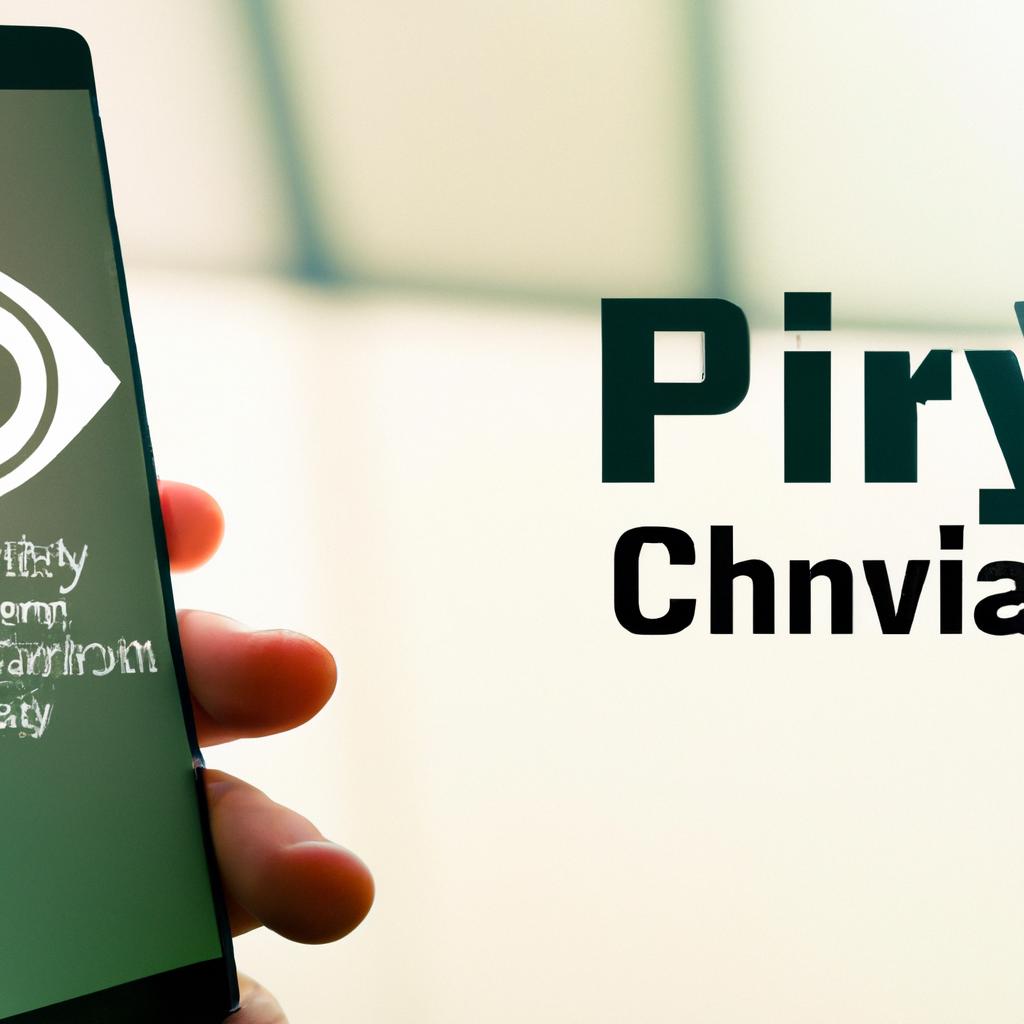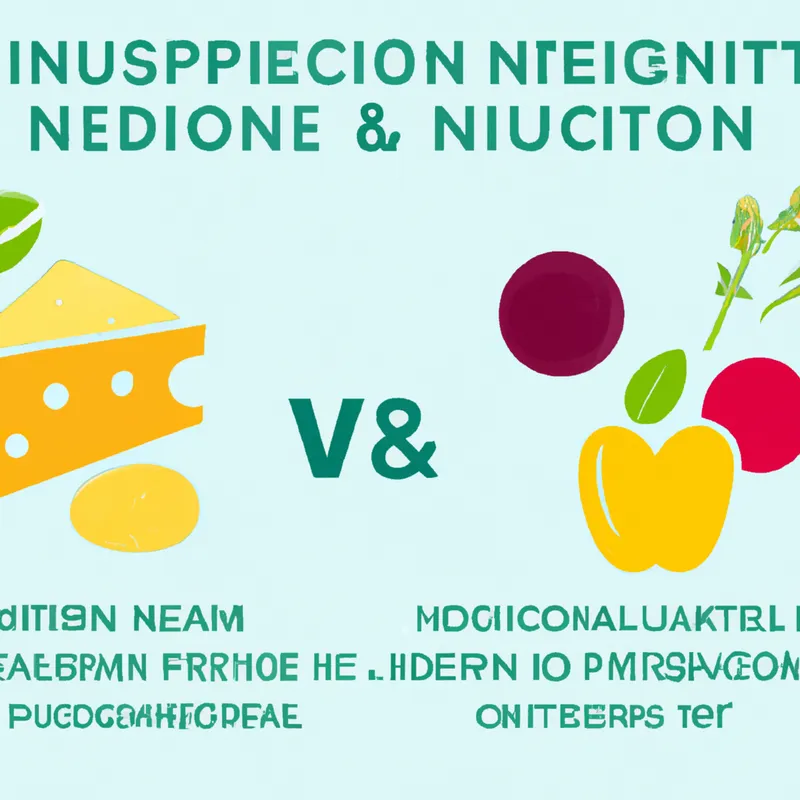User Privacy and Data Security Challenges in Mobile Health Monitoring Applications
User Privacy and Data Security Challenges in Mobile Health Monitoring Applications
Mobile health monitoring applications have transformed healthcare. They empower users to track health metrics and monitor chronic conditions. Users can also connect with healthcare providers. However, these applications face significant user privacy and data security challenges. This blog post explores these issues and emphasizes the need to protect user information.
Understanding User Privacy Concerns
Users often share sensitive health data with mobile applications. This data includes personal information, medical history, and biometric data. Privacy concerns arise when users share this information. Users frequently worry about who accesses their data and how it gets used.
Data breaches can expose sensitive information. Such incidents can lead to identity theft or fraudulent activities. Therefore, users must understand the risks of mobile health monitoring applications.
The Importance of Informed Consent
Informed consent plays a critical role in user privacy. Users must know what data an application collects and how it uses that information. Many applications provide lengthy privacy policies, but users often skip reading them. As a result, users may unknowingly consent to extensive data sharing practices.
Developers must design applications that prioritize transparency. They should simplify privacy policies and highlight key points. This approach helps users make informed choices about their data.
Data Security Challenges in Mobile Applications
Data security remains a major concern for mobile health monitoring applications. Developers must protect sensitive information from unauthorized access. Hackers often target health data due to its value.
Encryption as a Defense Mechanism
Encryption serves as a critical defense mechanism. It converts data into a secure format that only authorized users can access. Many applications implement encryption methods to safeguard user data. However, not all applications prioritize this security measure.
Users should check if their applications use encryption when sharing sensitive information. If an app lacks encryption, users should consider alternatives.
The Role of Regular Updates
Developers must routinely update applications to fix security vulnerabilities. Cybercriminals constantly seek new ways to exploit software weaknesses. Regular updates help protect user data from potential breaches.
Users should enable automatic updates on their devices. This practice ensures they receive the latest security patches. Staying up to date helps mitigate risks associated with outdated software.
Navigating Third-Party Data Sharing
Many mobile health applications share user data with third parties. This practice raises significant privacy concerns. Sometimes, users may not realize their data is being shared.
Understanding Third-Party Involvement
Third-party companies often provide services like analytics or advertising. These companies may gain access to user data, leading to potential misuse. Users should carefully review third-party policies when using health applications.
Developers must ensure that third parties adhere to strict data protection standards. They should establish clear agreements regarding data usage and sharing. This practice helps protect user privacy.
Health Benefits of Secure Mobile Health Applications
Despite the challenges, secure mobile health monitoring applications offer numerous health benefits. Users can easily track their health metrics. They can monitor their diet, exercise, and overall well-being.
Encouraging Healthy Habits
Mobile health applications encourage users to adopt healthier lifestyles. By tracking progress, users stay motivated to achieve their goals. For example, users may achieve weight loss or improved fitness levels.
Additionally, these applications often provide personalized recommendations. Users receive tailored advice based on their health data. This personalization enhances the user experience and promotes better health outcomes.
Enhancing Communication with Healthcare Providers
Secure mobile health applications facilitate better communication with healthcare providers. Users can easily share their health data with doctors. This sharing promotes more informed discussions during appointments.
Healthcare providers can also monitor patients’ progress remotely. This capability allows for timely interventions and improved patient care.
Conclusion
User privacy and data security challenges in mobile health monitoring applications need attention. Developers must prioritize transparency and implement robust security measures. Users must also actively protect their data.
By understanding the challenges and leveraging secure applications, individuals can enjoy mobile health monitoring benefits. They can track their health, improve their well-being, and communicate effectively with healthcare providers. Ultimately, a collective effort ensures that mobile health applications provide value while safeguarding user privacy.
Below are related products to the topic if you’re interested:
FAQ
What are the main privacy concerns associated with mobile health monitoring applications?
Users often share sensitive health data, including personal information and medical history, with mobile applications. Privacy concerns arise regarding who accesses this data and how it is used. Data breaches can expose sensitive information, leading to identity theft or fraudulent activities, making it crucial for users to understand the risks involved.
How can users ensure their data is secure when using health monitoring apps?
To ensure data security, users should check if the applications they use implement encryption methods to protect sensitive information. Additionally, enabling automatic updates on devices helps ensure that users receive the latest security patches, which protect against potential breaches stemming from outdated software.
Why is informed consent important in the context of mobile health applications?
Informed consent is critical because it ensures that users are aware of what data an application collects and how that data will be used. Many applications provide lengthy privacy policies that users often skip, leading to unintentional consent to extensive data sharing practices. Developers should prioritize transparency by simplifying these policies to help users make informed choices.















Post Comment